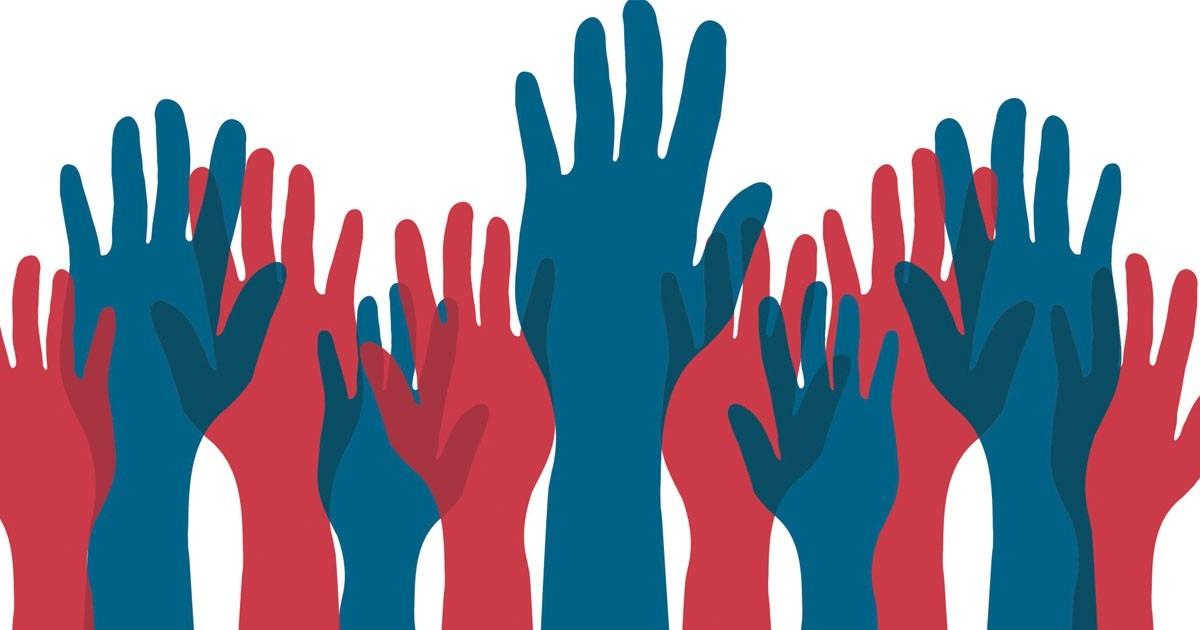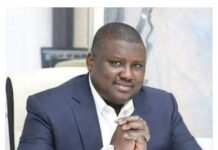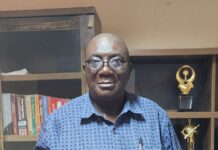On Nigeria’s flawed democracy, by Ibrahim T. Tumsah
Radical Thought
The ancient Greek’s concept of Demokratia is coined from two words “demos” meaning “people” and “kratos” meaning “rule”. From this concept the 16th US President, Abraham Lincoln defined democracy as; “the government of the people, for the people, by the people.” In a flawed democracy like the one in Nigeria, it cannot be classified as a government for the people and by the people. The people are an afterthought— they are a means to an end.
There is no transparency or accountability to voters in our democracy. Political parties are not inclusive enough. There is always a cult of personality around politicians or party leaders. The politicians want to rule and dictate what happens in their parties, all to acquire more wealth and protect their status, whilst keeping the power for themselves and their acolytes. The reality is that elections are a “do or die” affair. It is not a stage for a fair competition of ideas and good natured campaigns. Rather they are a desperate power grab and a means to wage legal wars.
Elected officials aren’t really concerned about implementing or applying the vision they campaigned for. Nigerian politics is such that politicians are only concerned about what will win them their next election. Once in power, it’s business as usual. Elected officials aren’t bothered about the effectiveness of whatever policies they choose to pursue, unless it will either get them re elected or make them money. There is no consideration given to the masses that voted them to occupy that office. It is about ruling with as much impunity and disregard for welfare of the populace for the duration of their term in office. The Presidents, Governors, Senators and Members of the National Assembly can’t be blamed though, because it is the nature of Nigeria’s flawed democracy. It isn’t designed for continuity or with the common people in mind. Even if it was designed for such a purpose it has not been utilized for such ends. The elected President or Governors of the 36 states can decide to abandon their manifestos and not keep their promises once in the seat of power without consequences. Which again shows the nature of politics.
Politicians or aspiring politicians find themselves in a Prisoner’s Dilemma. A prisoner’s dilemma is a paradox in decision analysis in which the individuals involved do not produce optimal outcomes. Suppose two individuals have colluded to commit a crime (Prisoner A and Prisoner B) are caught and put in separate rooms for interrogation. They have different outcomes depending on their self interests. If both prisoners confess to the crime they each get 2 years in jail. If prisoner A confesses while prisoner B refuses to admit to the crime, prisoner A gets to go free while B gets a maximum sentence of 10 years in jail and vice versa. If both prisoner A and B refuse to confess to the crime they each face 5 years in prison. That is the essence of a prisoner’s dilemma that politicians find themselves in. They have no way of knowing what their opponents are up to, so they have to make isolated decisions based on their self interests or they might team up to get their way to the detriment of the masses or make better decisions for the collective benefit of all. However, it is rarely the case in Nigeria’s democracy or a prisoner’s dilemma that politicians or individuals will make the best decisions. Therefore, they can only be partially blamed for their choices.
Yet still, when these choices are made— the politicians do not take care of the voters that elected them or choose not to carry them along in their decision making process once elected. Candidates of parties are usually imposed on the voters who have no choice but to pick between the lesser of two or three evils. Voters choose to trust in the goodwill of their politicians and if they betray that trust, the voters lose. Even if the politicians might have gained something at their expense, it is to the detriment of their reputation not from a fault of the voters.
But this goodwill also has its downsides. Our democracy is still in its infancy, there are bound to be mistakes made by voters. The masses who are loyal to a fault tend to vote for whoever is of their religion, ethnicity or tribe. It is not of a deeper understanding of what they may be voting for. It is simply a vote for “one of our own” not who could make their lives better and their communities richer.
Plato believed that, “the world would not be right until kings become philosophers or philosophers become kings.” Politicians should not be allowed to lead until they have learned to think deeply about the world and the people they want to lead. Consequently, democracy is not a viable tool as long as the masses don’t think rationally about their choices, otherwise it is just a ruling of the mob. Once both politicians and voters start to think rationally, we can then refer to them as philosophers.
The 16th century political philosopher Niccolo Machiavelli wrote that; “When a king builds on the people, and he’s a man of spirit who knows how to lead and doesn’t panic when things get tough, a man who takes the right precautions and where personality and style of government keeps everybody in a positive state of mind, then the people will never let him down and time will show what solid foundations he laid.” Since democracy was reinstated in Nigeria in 1999, it has been proven that voters in Nigeria are loyal to politicians that have made an impact on their lives and communities. People like Mallam Nasiru El-Rufai and Mr. Rabiu Musa Kwankwaso enjoy the goodwill of the people no matter what, because they have shown time and time again that they are willing to lay the foundations of progress for the people they govern. They have shown that having a vision for the people you’re elected to govern earns you credit in the bank with the people no matter your faults.
This is not the same as populism though. We should not make the mistake of confusing populism with popularity. After the Presidency of Muhammadu Buhari, there has been a recent surge of populist leaders in Nigeria. With the likes of Rabiu Kwankwaso and Peter Obi emerging; it is hoped that by now the masses have realized that one man cannot change Nigeria on his own no matter what they claim. It has to be a collective effort by everyone. The people who want to make change have to move in the same direction with the same goals and robust plans for a specific outcome. The strategies have to be coordinated with precision not in the same mould as a prisoner’s dilemma, but with the welfare of the people in mind. It is not about one man or a few subjecting the masses to their whims.
Follow the Neptune Prime channel on WhatsApp:
Do you have breaking news, interview request, opinion, suggestion, or want your event covered? Email us at neptuneprime2233@gmail.com





